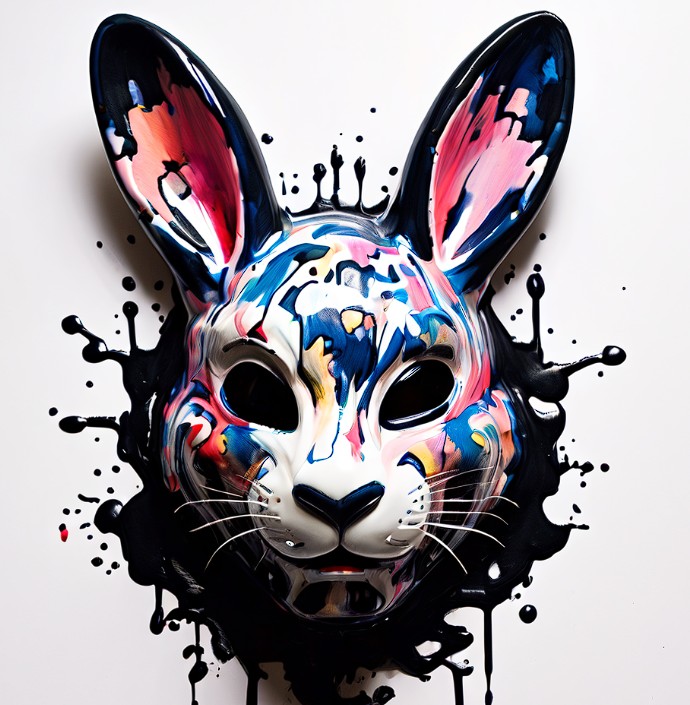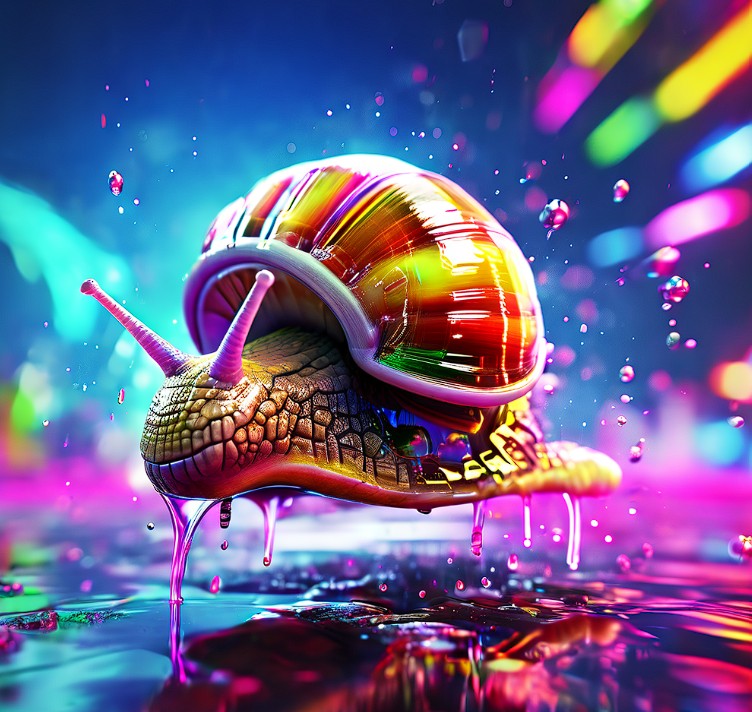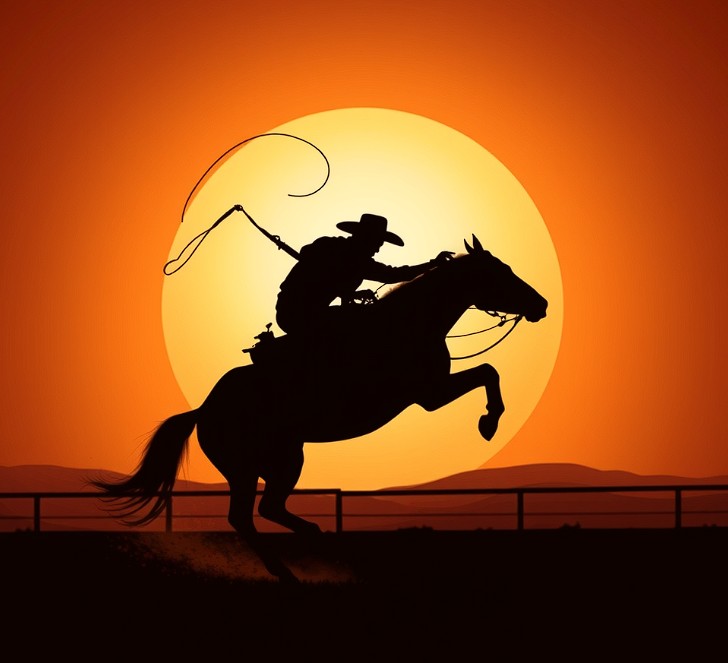
AI art generation is transforming creativity in profound ways, sparking both excitement and controversy. Here’s a breakdown of its impact:
Positive Impacts on Creativity
- Democratization of Art – AI tools like DALL·E, Midjourney, and Stable Diffusion allow anyone, regardless of artistic skill, to create visually stunning artwork. This opens up creative expression to a broader audience.
- New Artistic Styles & Experimentation – AI can generate unique styles, blend different artistic movements, and create visuals that may not have been possible with traditional methods.
- Speed & Efficiency – Artists can quickly generate concept art, prototypes, or inspiration for new projects, saving time and allowing for more experimentation.
- Collaboration Between Humans & AI – Instead of replacing artists, AI can serve as a creative assistant, enhancing traditional workflows and allowing new forms of hybrid art.
- Breaking Creative Blocks – AI can generate unexpected results, sparking new ideas that artists might not have considered otherwise.

Challenges & Ethical Concerns
- Authenticity & Ownership – AI art raises questions about who owns the generated images. If an AI model is trained on existing works, does it infringe on artists’ rights?
- Job Displacement – Some fear that AI could replace traditional artists, illustrators, and designers, particularly in commercial industries.
- Creativity vs. Automation – While AI can generate impressive images, some argue that true creativity comes from human intention, emotion, and storytelling.
- Plagiarism & Copyright Issues – AI models often learn from existing artworks without explicit consent, leading to ethical debates about fair use and intellectual property.
- Loss of Traditional Skills – As AI tools become more accessible, some worry that traditional art skills might be undervalued or lost over time.
Future of AI in Art
- AI will likely continue to evolve as a tool for augmenting human creativity rather than replacing it entirely.
- Ethical and legal frameworks will need to adapt to address ownership and copyright concerns.
- Artists who embrace AI as a tool rather than a threat may find new ways to push creative boundaries.
Do you see AI as a tool for enhancing creativity, or do you think it threatens traditional artistic expression?

No Responses